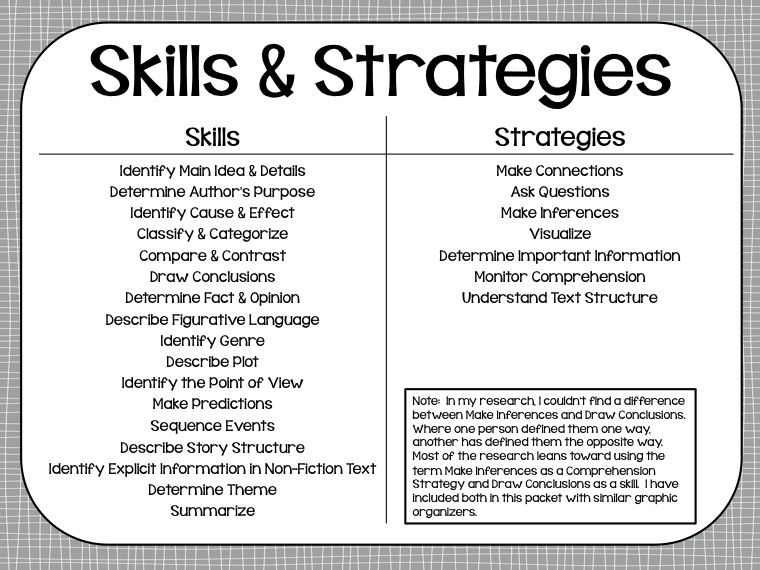How to help your child enjoy school
10 ways to get kids to love school
As the summer winds to a close, kids know what’s coming. It’s the evil “s-word”: School. Yuck! But school doesn’t have to be synonymous with fear and loathing, for your kids.
Whether it’s your child’s first time attending school or they’ve gone through several grades already, help your kids enjoy school with tips from two parenting experts: Ann Pleshette Murphy, a psychologist, parenting educator and author of “The Secret of Play,” and Brenda Nixon, M.A., a parenting expert and author of “The Birth to Five Book.”
As Nixon states, “A parent’s attitude is contagious,” so getting your kids to love school starts with you — and your nanny. Here are 10 ways you and your caregiver can get your kids on the right track for an enjoyable school year.
1. Be a role model
As a parent, you are often the most influential teacher in your child’s life, and if you employ a caregiver for your child, she’s also a very important mentor. Nixon says, “When parents read a book or take an adult education class, they’re modeling that everyone continues to learn — which is one way to instill a positive learning attitude in their children. ”
Think back to when you were in school — it’s likely you had some teachers you absolutely loved and some you weren’t too fond of. But regardless of your adoration (or disdain) for certain instructors, you were always taught to respect your elders. The same values should be instilled in your children.
“Speak respectfully about the teacher, so kids will respect and obey them,” Nixon advises.
3. Get them involvedSchool isn’t just about time spent in the classroom — it’s also about fun after-school activities, whether they be sports or clubs. Encourage your kids to pursue their interests outside of class and it will give them something else to look forward to when they school day is over.
4. Resist overschedulingMusic lessons, baseball practices, art classes, karate tournaments. Many kids are so overscheduled that you need a real live personal assistant to help organize. While your child may love all of these after-school activities, and they’re great for socializing and improving future college applications, you don’t want your child to become overwhelmed.
While your child may love all of these after-school activities, and they’re great for socializing and improving future college applications, you don’t want your child to become overwhelmed.
“Resist the urge — and your child’s begging — to sign him up for tons of after-school activities,” Murphy says. “All children need some downtime. And the fewer distractions your child has, the more likely you are to keep homework hassles to a minimum.”
Talk to your children about the different activities they participate in, what they really enjoy doing and what can be cut from the schedule.
5. Set up a homework routineHomework is a big part of the school experience. “Designate a homework area,” Murphy advises. “Many of us grew up believing that the best place to do homework was alone in a quiet room at a tidy desk, sharpened pencils in hand. But lots of kids do better sprawled on their bedroom floor or sitting at the kitchen table. Let your child pick the spot; just make sure there’s a relatively clutter-free surface on which to write, good light and no TV or blaring music.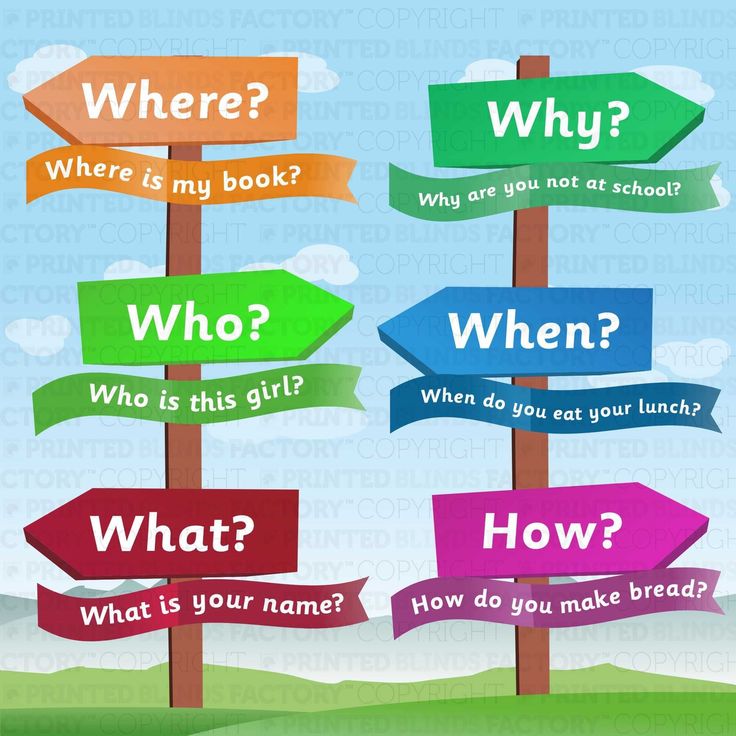 ”
”
Nixon adds that it’s important to, “Encourage homework before play … However, allow brief breaks during the homework, as [kids’] minds will absorb more when they take brief interruptions from their studies.”
If your after-school nanny or sitter will be watching your kids in the afternoon, be sure to clue her in on the new homework spot and routine so your child’s regimen remains consistent.
6. Encourage meaningful relationshipsKids have a chance to make friendships at school, but socializing doesn’t need to be high pressure. Your kid will gravitate to other kids they enjoy.
“In making new friends, quality is more important than quantity,” Nixon says. “Don’t force kids to be ‘popular’ by making tons of friends. Rather, encourage a couple of meaningful relationships.”
7. Show an interestKeep the positivity going during homework hour and ask about assignments, such as what homework kids have and what their favorite subject is to get the conversation going about school.
Be an active participant in their education, too, by volunteering at school. This shows the value you put on their schoolwork and progress and will lead to added pride. If you don’t have time to devote to being on-site, be an active participant by signing up for the school email list and social media pages, reading the school newsletter and being aware of what is going on in the school community.
8. Keep the communication going“Keep the home environment relaxed, open and inviting, so kids will come to you with the conflict or issue they’re facing in school,” Murphy suggests. “Rather than sitting down and confronting a child or pushing a child to open up, use a form of play therapy, where you take a walk or color together and then casually bring up the topic you wish to discuss.”
9. Reinforce lessonsIf you notice that your child has taken an interest in a particular subject area, see what you and your nanny can do to extend that learning.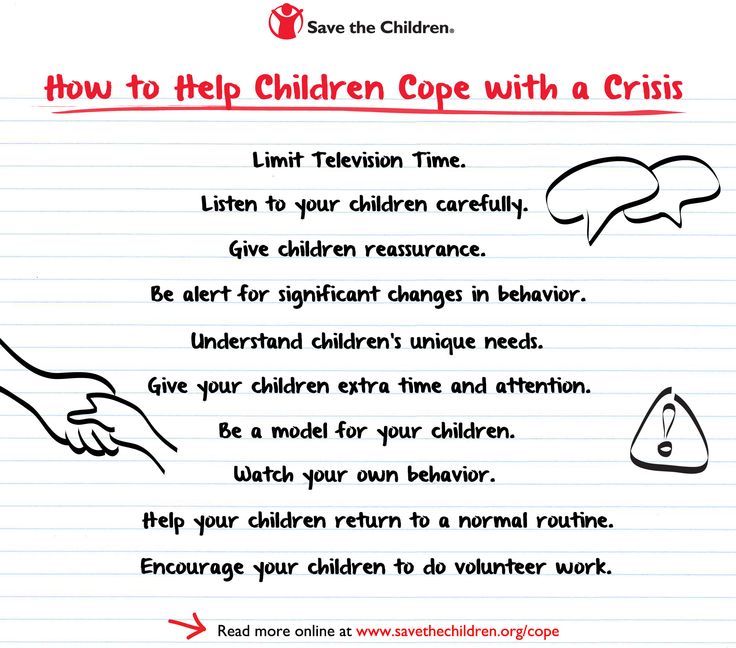 Set up some science experiments in your kitchen or visit a local museum to get up close to the fossils your kid has been reading about in textbooks. Showing them real-world applications for the knowledge they are learning in school is empowering and caters to their natural curiosity.
Set up some science experiments in your kitchen or visit a local museum to get up close to the fossils your kid has been reading about in textbooks. Showing them real-world applications for the knowledge they are learning in school is empowering and caters to their natural curiosity.
With early morning wake ups, it’s easy for adults to start the day off on the wrong side of the bed. But if you’re cranky in the morning, that attitude may transfer to your kids. It’s not easy, but Nixon advises you to help kids anticipate an enjoyable day by sending them off with a smile! Drink some coffee first — it’ll help.
Your kids may not be doing cartwheels when the alarm clock goes off in the morning, but this advice may help make it more bearable. By talking to your kids and helping them get excited about school, heading to the classroom won’t become something that they dread, but actually enjoy for years to come!
How to Help Your Child Get Motivated in School
If you have a child who is struggling in school and doesn’t seem to be motivated to make an effort, the first thing you want to do is explore whether there is some obstacle getting in his way.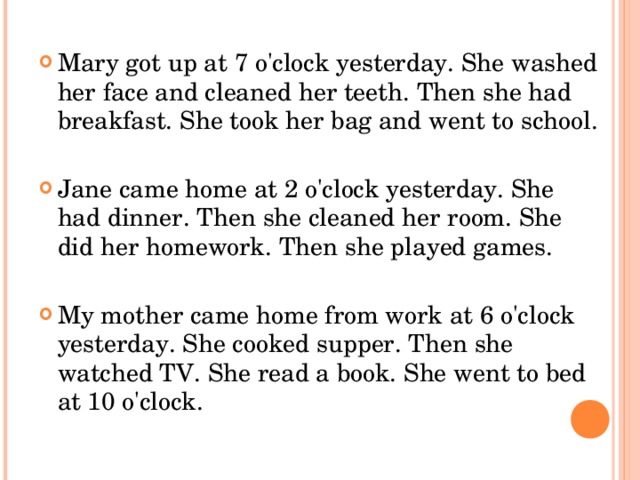 Learning issues, social challenges, attention or emotional problems can all cause kids to disengage academically.
Learning issues, social challenges, attention or emotional problems can all cause kids to disengage academically.
But not all kids who are underperforming in school—clearly not living up to their potential—have a diagnosable problem. And there are a number of things parents can do to help motivate kids to try harder.
Get involvedAs a parent, your presence in the academic life of your child is crucial to her commitment to work. Do homework with her, and let her know that you’re available to answer questions. Get in the habit of asking her about what she learned in school, and generally engage her academically. By demonstrating your interest in your child’s school life, you’re showing her school can be exciting and interesting. This is especially effective with young kids who tend to be excited about whatever you’re excited about. Teenagers can bristle if they feel you are asking too many questions, so make sure you are sharing the details of your day, too. A conversation is always better than an interrogation.
A conversation is always better than an interrogation.
Likewise, it’s important to stay involved but give older kids a little more space. If you’re on top of your daughter all the time about homework, she may develop resistance and be less motivated to work—not to mention the strain it will put on your relationship.
Many parents are nervous about rewarding kids for good work, and it’s true that tangible rewards can turn into a slippery slope. But there are ways to use extrinsic motivation that will eventually be internalized by your kid. “Kids respond really well to social reinforcers like praises, hugs, high fives, and those kinds of things,” says Laura Phillips, PsyD, a neuropsychologist at the Child Mind Institute. “Then they start to achieve because it feels good for them.”
Ken Schuster, PsyD, a neuropsychologist at the Child Mind Institute encourages parents to use rewarding activities that would have probably occurred either way, but placing them after a set amount of time doing homework. He suggests treats that are easy to provide but that your child will enjoy, such as going for ice cream or sharing a candy bar. He also recommends breaking work up in chunks and using small breaks as rewards for getting through each chunk.
He suggests treats that are easy to provide but that your child will enjoy, such as going for ice cream or sharing a candy bar. He also recommends breaking work up in chunks and using small breaks as rewards for getting through each chunk.
The message you want to send is that your respect hard work. Praising kids for following through when things get difficult, for making a sustained effort, for trying things they’re not sure they can do successfully, can all help teach them the pleasure of pushing themselves. Praise for good grades that come easily can make kids feel they shouldn’t have to exert themselves.
Help them see the big pictureFor older kids who have developed an understanding of delayed gratification, sometimes simple reminders of their long-term goals can help push them. It can help many high school seniors who slack off after getting into college to remind them that they could lose their acceptance if their grades drop too much, or they might not be prepared for college courses. “Linking school up with their long-term goals can make the work feel more personally fulfilling,” explains Dr. Phillips.
“Linking school up with their long-term goals can make the work feel more personally fulfilling,” explains Dr. Phillips.
No one can get A’s on every test or perfect scores on every assignment. While kids need encouragement and it’s healthy to push them to try their best, know that setbacks are natural. Sometimes the only way kids learn how to properly prepare for school is by finding out what happens when they’re unprepared.
Get outside helpOne way to take a little tension away from your relationship with your child is finding an older student (either at their school or a nearby college) to help him out with work. Most will charge pretty low rates, and the fact that they’re closer to your kid’s age may make it more likely he’ll listen to what they say.
“Homework was a source of conflict for us,” says Elizabeth, whose son Alex has ADHD. Elizabeth hired a few Barnard students to help Alex do his homework on certain nights, she recalls.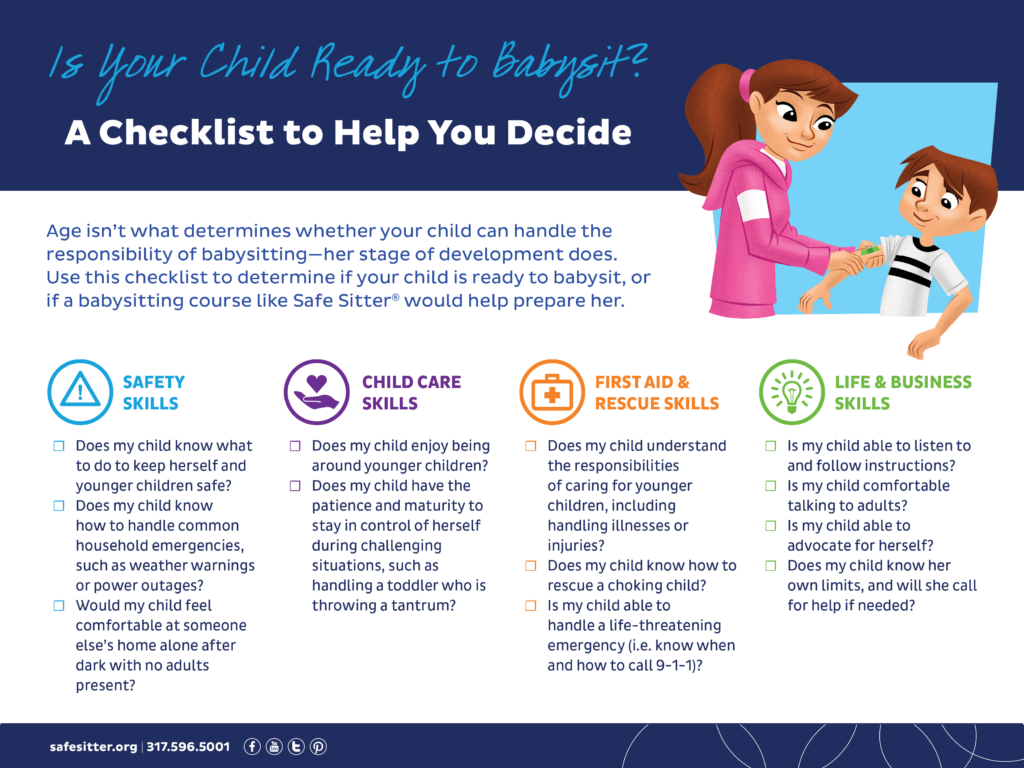 “He behaved a lot better with them, and it was money well spent for me because I wasn’t fighting and I wasn’t stressed out.”
“He behaved a lot better with them, and it was money well spent for me because I wasn’t fighting and I wasn’t stressed out.”
Another one of the most important things you can do for your child is to work with his teacher. The teacher might have additional insight about how to motivate your child, or what he might be struggling with. Likewise you can share any strategies or information that you have.
When her son was in lower school and only had one teacher, Elizabeth would call his teacher before the first day, introducing herself and alerting the teacher that her son had ADHD and that he found it hard to focus. She would give the teacher little tips that she had found were useful with Alex: Writing multi-step directions on the board, tapping him on the shoulder while walking past to make sure he was paying attention, and other small tweaks that would be useful to any young child but are especially essential to one with ADHD.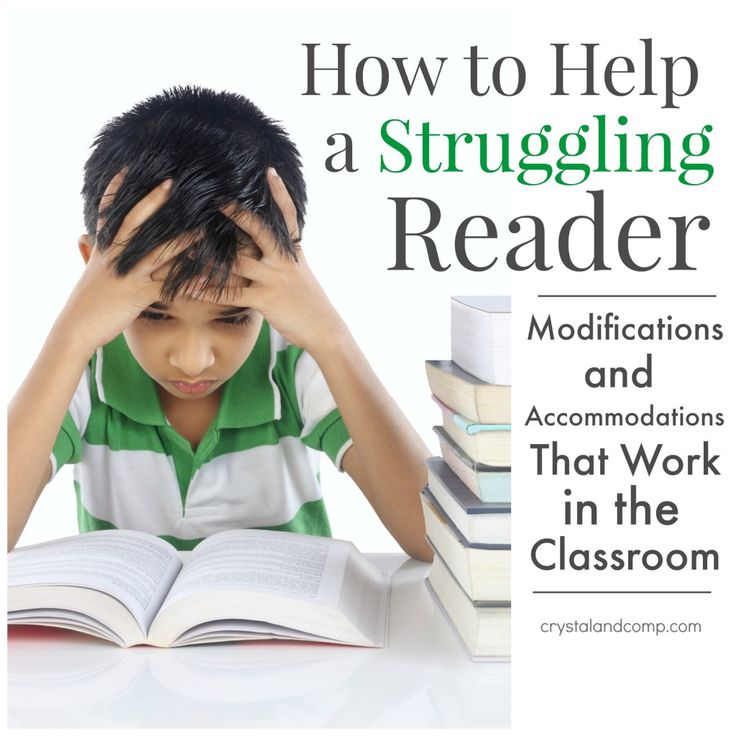
“Make sure that both school and home are of one accord,” stresses Kristin Carothers, PhD, a clinical psychologist. Dr. Carothers often sets up a system she calls the daily report card. With this system, the child gets points from his teacher for things like completing work and following directions the first time he gets them. Then he brings those points home, where his parents give him small rewards, such as extra time on the iPad or playing a game together.
Get support for yourselfIt can be just as frustrating to watch your child withdraw from school as it can be difficult for the kid himself to focus. Elizabeth says that she often feels judged as a parent for having a son who struggles so much in school.
Some schools have support groups for parents of kids who are less motivated, and if your child’s school doesn’t, Elizabeth encourages setting one up. “It’s very comforting to hear that you’re not alone,” she says. “It’s also helpful to hear people who have gone ahead of you talk about how to navigate the school’s system, find a therapist, and talk to teachers. ”
”
“If you’re feeling yourself getting really angry or frustrated with your kids, take a step back,” Dr. Carothers recommends. “Put things into context.”
It’s also important to keep your goals in perspective: Your child may not become a star student. Make sure to focus on the effort she puts in and commitment she shows instead of the outcome. If you expect perfect achievement from a child who struggles in school, you’ll drive yourself crazy.
“I’m not trying to get my child to be someone he’s not,” Elizabeth says about her efforts to help her son. “I just want him to reach his potential.”
How to Help Your Child Enjoy Learning - HEROINE
Learning and fun seem to go together. It is much more interesting to walk, play, chat with friends or stick to a smartphone. At least that's what a lot of students think. The task of adults is to convince the child and create conditions for him in which learning will become interesting and fun. Together with Aitigenio we will tell you how to achieve this.
Help to find motivation
For the most part, it is from this that interest in learning arises. It is important to choose the right type of motivation. There are only four of them: external, internal, positive and negative. nine0003
The first type includes the so-called "carrots and sticks". If a child is threatened with punishment for bad grades in school, say, house arrest or deprivation of gadgets, this is negative extrinsic motivation. It can be effective until the child learns to resist it or find ways to get around the system: cheating, hiding grades, skipping classes under the pretext of illness. In addition, such behavior of parents spoils their relationship with the child.
However, the decision to motivate with “carrots” is also wrong. This approach encourages the child to receive a reward, not knowledge. For example, parents promised to buy a new smartphone for the successful end of the year. In this case, the child will really try to study well. But the means to achieve the goal will choose less energy-intensive. For example, they will memorize material instead of understanding it or open a solution book, and not do the task on their own. nine0003
But the means to achieve the goal will choose less energy-intensive. For example, they will memorize material instead of understanding it or open a solution book, and not do the task on their own. nine0003
It is worth finding the motivation that lies within the child. She is the most productive. A good example of positive intrinsic motivation is the thought of a student that he wants to study well in order to master his dream profession or become the next Elon Musk.
You can be an excellent student and from a negative motivation. For example, a child will think that if he does not finish school with a medal, he will not enter a prestigious university. This type of motivation also works, but it’s much more pleasant to study when you don’t worry needlessly. nine0003
Create the right environment
It's hard to concentrate on studying when everything around you is distracting, the workplace is uncomfortable, and the lighting in the room is poor. Therefore, the direct task of parents is to create the necessary conditions for the child.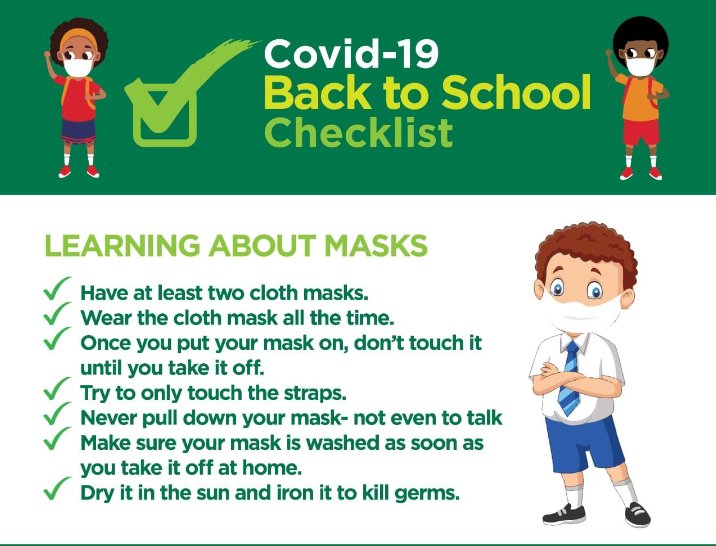 And this applies not only to the purchase of furniture, which must be selected according to height, or lighting, taking into account solar cycles.
And this applies not only to the purchase of furniture, which must be selected according to height, or lighting, taking into account solar cycles.
It is also important that the child is not hungry, exhausted, or overly excited. It is worth teaching him to set himself up before sitting down to practice. If he just came from school, let him eat, rest a little, and only then start studying. nine0003
An overexcited child who, for example, played active games or was engaged in a sports section, also needs to recover. Only when he calms down can he sit down to study.
Encourage curiosity
Thousands of children's "why?" - one of the main tools for the development of curiosity. Take children's questions seriously, no matter how stupid or useless they may seem. The more answers a child receives about the world around him, the wider his horizons will become. nine0003
Questions can be used to educate the child about fake news. You and your child can test each other's knowledge by offering to guess the truth or falsity of facts. This is a great way to improve critical thinking.
This is a great way to improve critical thinking.
If you and your child are learning to search for information on the Internet, then in this case you will need the skill of correctly formulating questions. As soon as the baby masters these skills, he will be happy to learn new facts himself, and the parent will not have to force him to study. nine0003
Discussing victories and failures
It is important to explain to the child that everyone makes mistakes and failures. At the same time, the discussion of unpleasant moments should not affect the personality of the child. Instead of the phrase: “You didn’t prepare well!” say: “What do you think caused the low rating? How can it be corrected?" After a joint analysis, the child will learn to see his mistakes, take them into account in the future and look for solutions.
It is equally important to celebrate children's victories. Positive moments are more motivating and enjoyable than negative ones. Try to sincerely praise the child for new discoveries, academic success, interest in subjects and creative achievements.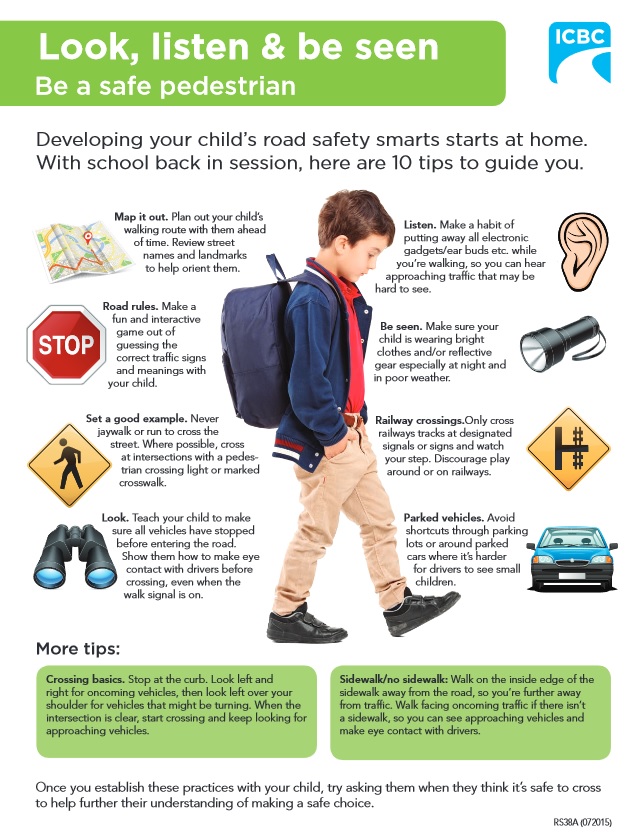 nine0003
nine0003
In this case, don't get personal either. Phrases like: “You are smarter than all your classmates” will make the child dependent on the opinions of other people. It’s better to focus on the feelings of the child and your own, saying something like: “I’m glad that you managed to pass the test with excellent marks, and you?”.
Support the interests of the child
When a baby is interested in something, this is the main sign that he has a predisposition to this or that activity. If your child likes to stick to the computer and create programs, support this hobby with a specialized course. For example, Aitigenio works with children from 5 to 18 years old and teaches them how to program. A creative child will certainly not refuse to take courses in design, 3D modeling, music production or video editing. nine0003
Do not insist that the student be successful in everything. If he is madly in love with physics, but is not at all attracted to, say, biology, let him pump in the direction of interest. It is possible that this indifference is due to the inability of the teacher to find a common language with the students.
It is possible that this indifference is due to the inability of the teacher to find a common language with the students.
In Aitigenio, this situation can be corrected and interest in school subjects can be aroused. More than two hundred cool teachers who have passed a multi-stage selection for an online school know how to find an approach to both preschoolers and teenagers. Coaches create a comfortable and trusting atmosphere for learning. There is no place for strict control and criticism in it. nine0003
In addition, the school has its own user-friendly online platform that is available 24/7. There is no need to install programs or buy study materials. The child will be able to choose from sixty possible directions of interest - from school subjects and foreign languages to chess and computer graphics. He will be trained in a personal account under the guidance of a mentor. In this case, the parent will be able to track the progress of the child and consult with the coach.
Aitigenio Online School was founded in 2016. Over the years, more than 28 thousand children from all over the world have studied in it. According to parents, over 95% are satisfied with the online school and highly appreciate the level of teaching.
Try a free lesson
Add to favorites
Share
Related articles:
Learning with pleasure: 7 habits that will really help your child - Parents.ru0003
Many parents are trying to figure out how to get their child to learn. The secret is that you don't have to force it. Education, knowledge of the world is what children are constantly busy with, without our gingerbread and whips. It is only necessary to support their desire for new knowledge and direct it in the right direction.
1. A Healthy Dealing with Mistakes
To make learning fun from a chore, start talking about your mistakes first.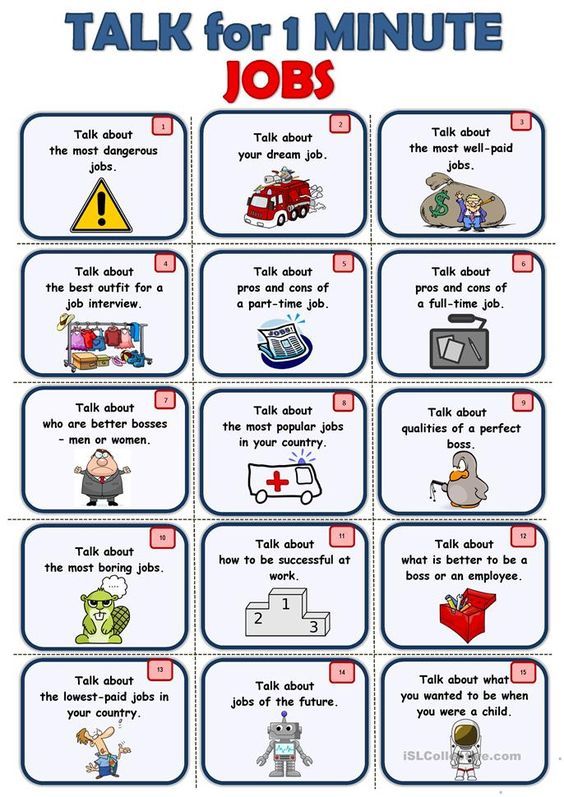 In many schools, teachers do not have the opportunity to make out the mistakes of each student, so they only scold the children, and most often in front of the whole class. It does not add interest to study. But the situation can be improved! nine0003
In many schools, teachers do not have the opportunity to make out the mistakes of each student, so they only scold the children, and most often in front of the whole class. It does not add interest to study. But the situation can be improved! nine0003
It will be easier for a child to cope with criticism and react calmly to comments if you teach him at home that mistakes are not scary or shameful. Set an example: talk aloud about your own small mistakes - at work or in everyday life - and analyze them. Then move on to the child's mistakes. Praise him for the discussion and especially for finding the cause and drawing the conclusion.
Atmosphere is first and foremost
Enjoying your studies and getting good grades are not the same thing. Sometimes children who do not like studying at all become excellent students. It is not so important what will be written in your child's diary. What is more important is what impressions he will bring with him from school. Therefore, teach him to enjoy every day, respect others and their work, appreciate every moment and sincerely thank people. nine0003
nine0003
2. Table of long-term goals
Almost all parents use short-term motivation: “until you do your homework, you won’t go for a walk”, “until you solve the problem - you won’t get a prefix”, “write an essay - we’ll buy ice cream”. But over time, this method of motivation ceases to work.
It is more important for a successful academic and later life that the child learns to set his own long-term goals. Create a special task table. “Assign” points to all tasks and achievements and enter the marks earned in this table. For example, a child might get 20 points for a good test score, 5 points for a little help with cleaning, and 10 points for reading a book. nine0003
At the end of the month, let the child choose what they want to spend their accumulated points on. Only the "price" must be known to him in advance. For example, for 100 points you can go to the zoo, and for 15 you can buy your favorite sweets. Or you can “postpone” some of the points and accumulate 500 points for a radio-controlled helicopter by the end of the year. It is important that the baby in any case get something. And let him have many awards of completely different significance and real value.
It is important that the baby in any case get something. And let him have many awards of completely different significance and real value.
- Photo
- Getty Images
Call of Nature
Walk every day, revive the old habit of collecting herbarium, watch the clouds and just breathe the air. Of course, if you have a teenager, it will be more difficult to teach him to walk, but nothing is impossible. You can turn it into a fashion fad. Instead of an ordinary herbarium, it is worth starting an Instagram account (an extremist organization banned in Russia) dedicated to macro photography of unusual plants. Replace cloud-gazing with birdwatching - there are even special applications for it, in which participants note new species that they have met in life. nine0003
3. Planning for the day
In order for the child to really achieve his goals, you need to help him with time management. This word seems very "adult", but it is important for children to manage their time too.
This word seems very "adult", but it is important for children to manage their time too.
When you write your plan for the day, show it to your child. Help him create his own schedule. Let him write everything himself, and you just tell me how to adjust the plan. Explain how to prioritize and determine the importance of different activities. Write down common things: a long delicious dinner, a family movie. Yes, entertainment also needs to be planned so that the schedule does not consist of duties alone. At the end of the day, analyze together what he did, what he didn’t, and why. nine0003
4. Reading instead of social networks
A study by American psychologist and financial consultant Thomas Corley showed that 86% of successful and wealthy people read books every day. Among those who are poor, only 26% can boast of this habit. But the love of reading should be instilled in childhood.
In order for a child to truly love reading, he must adopt this habit in the family. It is impossible to explain to children that reading is useful and exciting if mom and dad do not pick up books for months, but instead spend all their free time with a smartphone in their hands. While the baby does not know how to or is just learning to read on his own, you can read aloud to him, this is also useful. Then it is worth reading together, discussing what they read on a walk. nine0003
It is impossible to explain to children that reading is useful and exciting if mom and dad do not pick up books for months, but instead spend all their free time with a smartphone in their hands. While the baby does not know how to or is just learning to read on his own, you can read aloud to him, this is also useful. Then it is worth reading together, discussing what they read on a walk. nine0003
- Photo
- Diane Labombarbe/Getty Images
5. Board games as a hobby
Board games help you learn. The journal Psychological Science conducted a study and found that puzzles, blocks and board games develop logic and spatial thinking in children.
Start a tradition of playing Monopoly, Scrabble, or more unusual modern games on weekends or evenings after work. You can play these games exclusively in the family circle or invite friends. It is only important not to get carried away and make sure that the games are interesting in the first place to the child. nine0003
It is only important not to get carried away and make sure that the games are interesting in the first place to the child. nine0003
6. Exploration of nature
Everyone seems to have heard the advice to walk in the fresh air. But not everyone thought about why this is important. According to the Journal of the Study of Religion, Nature and Culture, children who spend at least 5-10 hours a week outdoors feel a deep connection with nature and a responsibility to protect the environment. If such interest wakes up, the chances of capturing the child in the natural sciences will increase.
7. Abstract fantasy and visualization
Do you brush off your child's constant fantasies? Very in vain! Israeli scientists conducted an experiment in which children aged 6–9 were shown sequences of pictures. One group of children first saw a picture of their own desk. With each subsequent picture, the image "expanded". The last were images of space. The second group of children looked at the photographs in reverse order: first, the space, and at the end, their own school desk.





